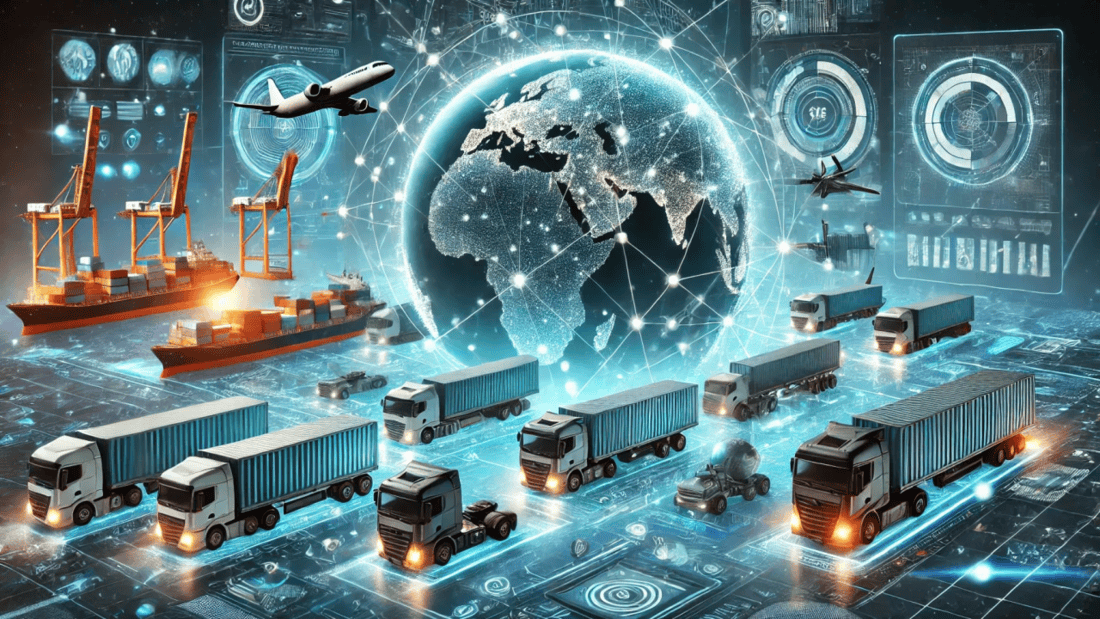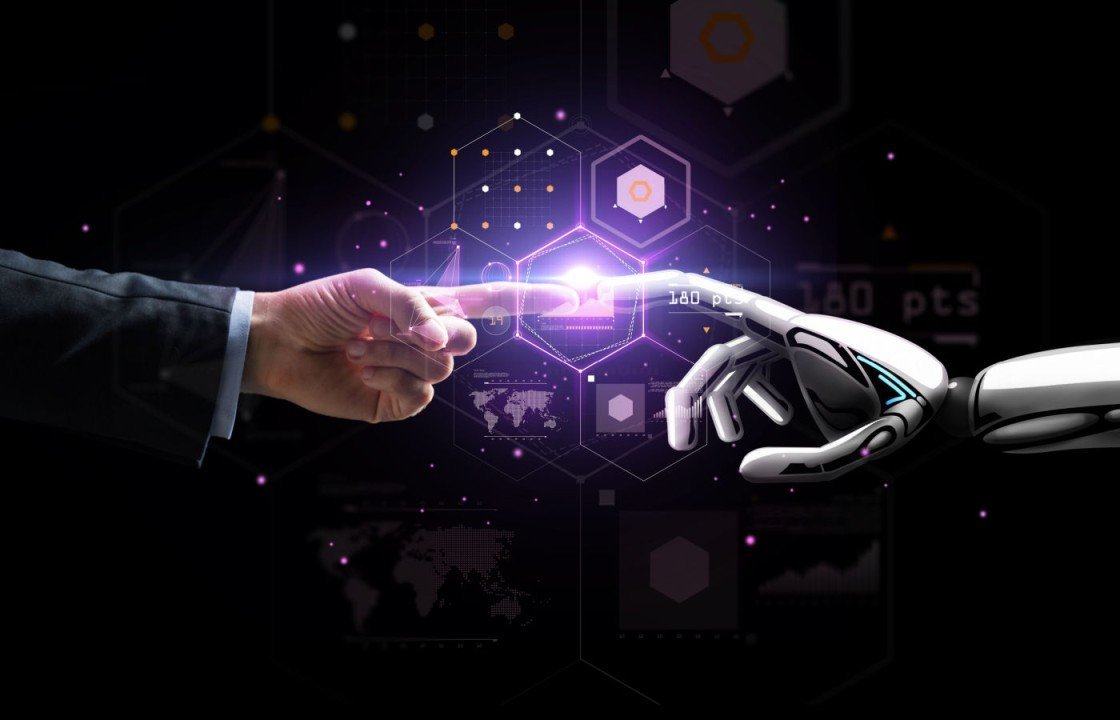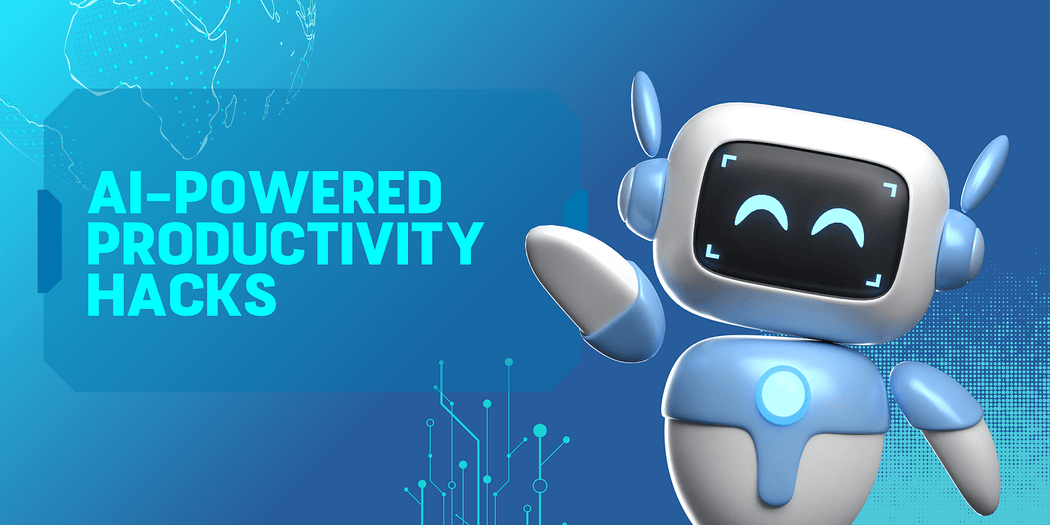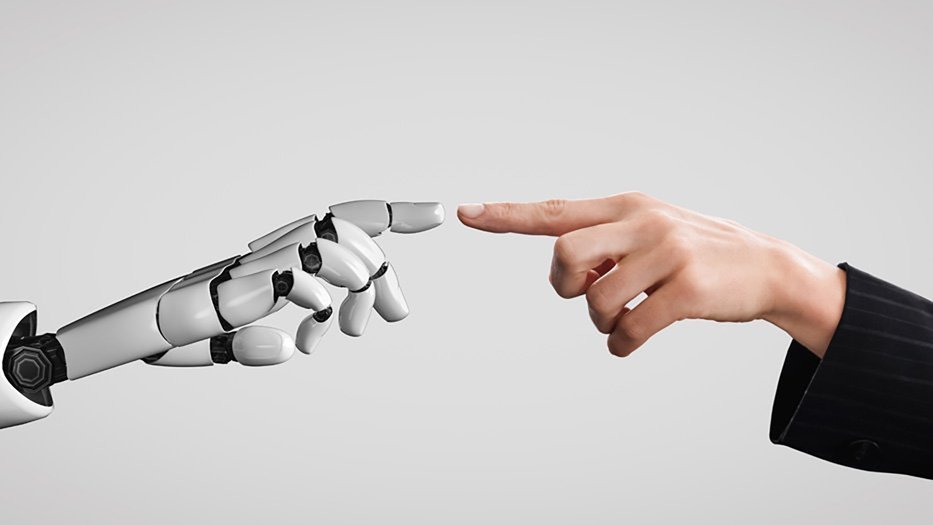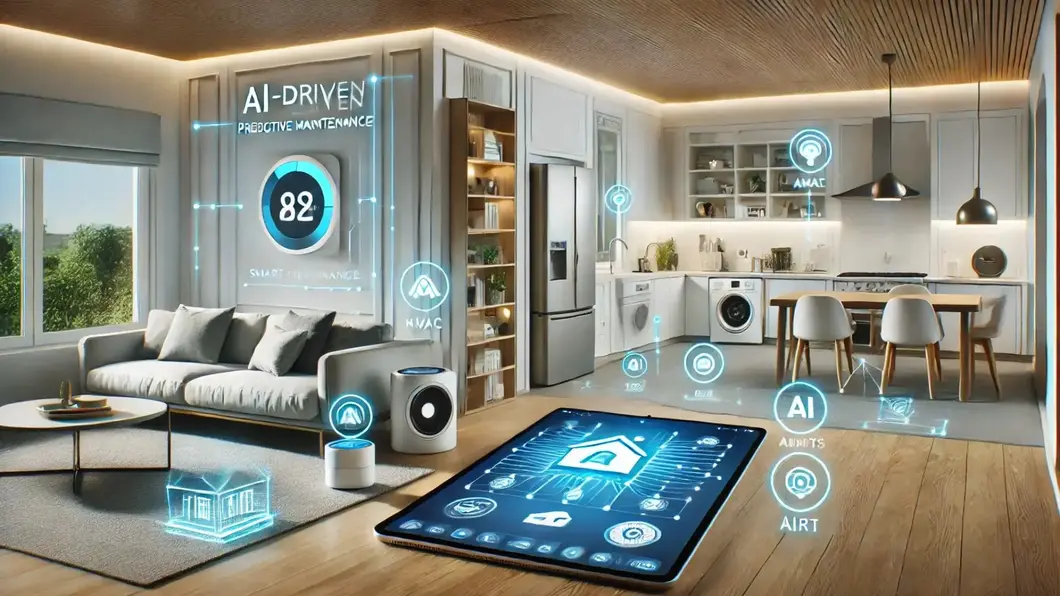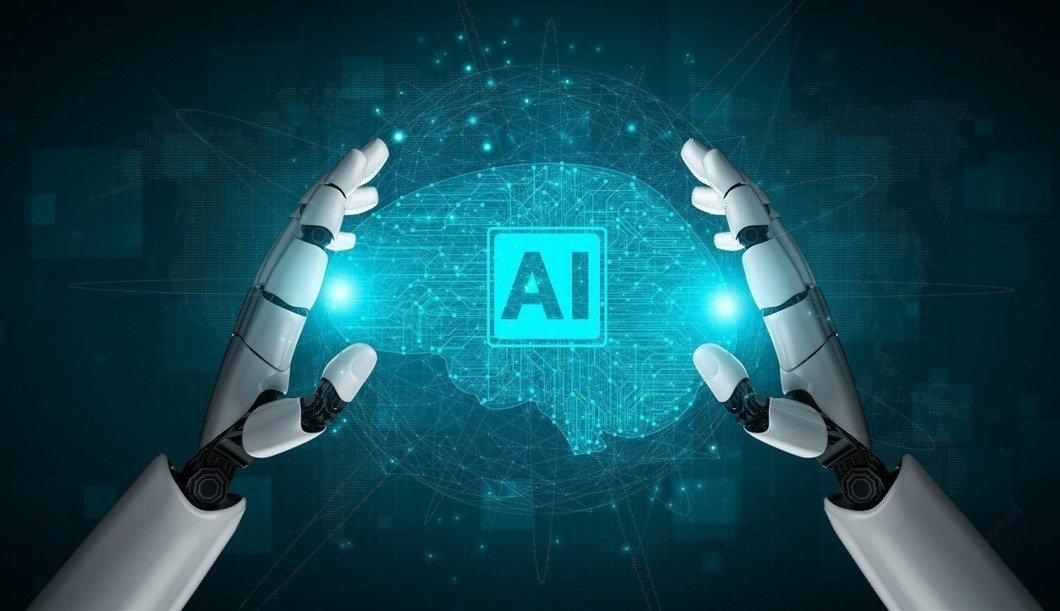
The convergence of artificial intelligence (AI) and robotics is transforming business at an unprecedented pace, marking the dawn of Industry 4.0. This new era of automation is transforming many sectors, including healthcare, manufacturing, logistics, and more, making processes smarter, faster, and more efficient. Today, AI-driven robots no longer perform repetitive tasks; they can also learn, change, and make choices in real time.
Companies using these tools are seeing a dramatic increase in innovation, productivity, and cost savings. As AI continues to develop, combining it with robotics opens up new possibilities that once seemed like the stuff of science fiction. In this article, we explore how AI-driven automation is transforming Industry 4.0 and what this means for the future of work and industry.
The Rise of Artificial Intelligence in Robotics:
The integration of AI into robots has transformed machines from simple programmable tools into intelligent partners. Previously, robots had to follow strict instructions. Now, AI allows them to process vast amounts of data, discover patterns, and improve over time. Using machine learning algorithms, robots can adapt to new environments. This makes them extremely useful in frequently changing environments, such as hospitals and warehouses. In the transportation sector, for example, autonomous mobile robots (AMRs) can use AI to navigate complex areas without human intervention. Similarly, roboticists use AI to improve the precision of their work. As we transition from rule-based automation to cognitive robots, efficiency across all sectors is changing.
Key Applications of AI Robots in Industry 4.0:
AI-driven robots are making waves in many sectors, bringing new ideas and better operational solutions. Collaborative robots (cobots) are improving the efficiency of assembly lines in the industrial sector by making real-time adjustments. Robot arms in smart factories are controlled by AI and can predict when maintenance is needed, reducing downtime. AI is also being used in agriculture, such as in self-driving drones and robotic harvesters, to monitor crop health and increase yields.
Robot assistants are incredibly useful in healthcare, as they can perform tedious tasks, allowing doctors and nurses to focus on patient care. AI chatbots and humanoid robots that can interact with people in personalized ways are even transforming customer service. These applications demonstrate that AI and robots are becoming increasingly important in modern business.
How Automation Impacts the Workforce and Output:
AI-driven robots simplify jobs but also raise questions about the future of work. While some manual and repetitive tasks are being replaced by automation, automation is also creating new jobs in sectors such as robot maintenance, programming, and surveillance. Companies are investing in training employees in new skills so they are ready for AI-driven jobs. Studies show that companies that utilize both human knowledge and AI-driven automation are more productive and more likely to generate new ideas. These tools don’t replace people; they transform jobs and force people to do more strategic and creative work. The most difficult part is ensuring that employees don’t encounter problems as the company changes.
Questions to Consider and Ethical Issues:
While AI is gaining popularity in robotics, it also raises several new issues. Data privacy concerns arise when robots receive and process large amounts of private data. Ethical issues also arise when independent systems make decisions. For example, who is responsible if an AI robot makes a mistake? Furthermore, the high cost of advanced robots can create an unfair relationship between large and small businesses. Governments and organizations must establish rules to regulate how AI can be used ethically and stimulate innovation. Finding this balance is crucial for the long-term development of Industry 4.0.
The Future of AI and Robotics in Industry 4.0:
Thanks to advances in machine learning, 5G connectivity, and edge computing, AI and robotics have a bright future. The next generation of robots will be more autonomous, capable of solving complex problems, and able to interact with humans more naturally. Swarm robotics—groups of robots controlled by a large number of collaborating AIs—could revolutionize how disasters are managed and buildings are constructed. As AI models become smarter, robots will become part of everyday life, from smart homes to urban infrastructure. Industry 4.0 is just the beginning. As AI and robots continue to work together, they will continue to push the boundaries and transform how we live and work.
Conclusion:
The collaboration between AI and robots is at the heart of Industry 4.0. It is creating a new wave of innovation across many sectors worldwide. From AI-enhanced healthcare to smart workplaces, automation is improving efficiency and giving people more choices than ever before. While questions remain, such as how to adjust staffing levels and ethical concerns, the potential benefits far outweigh the risks. Companies that use these tools will be at the forefront of the next industrial revolution. As AI continues to develop, its combination with robots will transform how we collaborate, our creativity, and our productivity. The future is here and will be smart, automated, and full of choices.
FAQs:
1. How is AI different from conventional robotics?
AI enables robots to learn from data, adapt to new situations, and make choices. Without AI, traditional robots can only act according to pre-programmed instructions and cannot think for themselves.
2. Which sectors will benefit most from AI-driven robotics?
AI-driven automation has already transformed some of the most important sectors, including manufacturing, healthcare, logistics, horticulture, and customer service.
3. Will AI and robots replace jobs formerly performed by humans?
Some jobs can be automated, but new jobs are emerging in sectors such as managing robots, overseeing AI, and maintaining technology. These jobs require more skills and more people to perform them.
4. What ethical issues does AI in robotics raise?
Data privacy, accountability for AI decisions, and the possibility of high implementation costs leading to inequality are among the concerns.
5. What changes do you think will happen in AI robotics shortly?
In the future, we will see more self-driving robots, swarm robots, better ways for humans and robots to collaborate, and AI systems that can solve complex problems.

